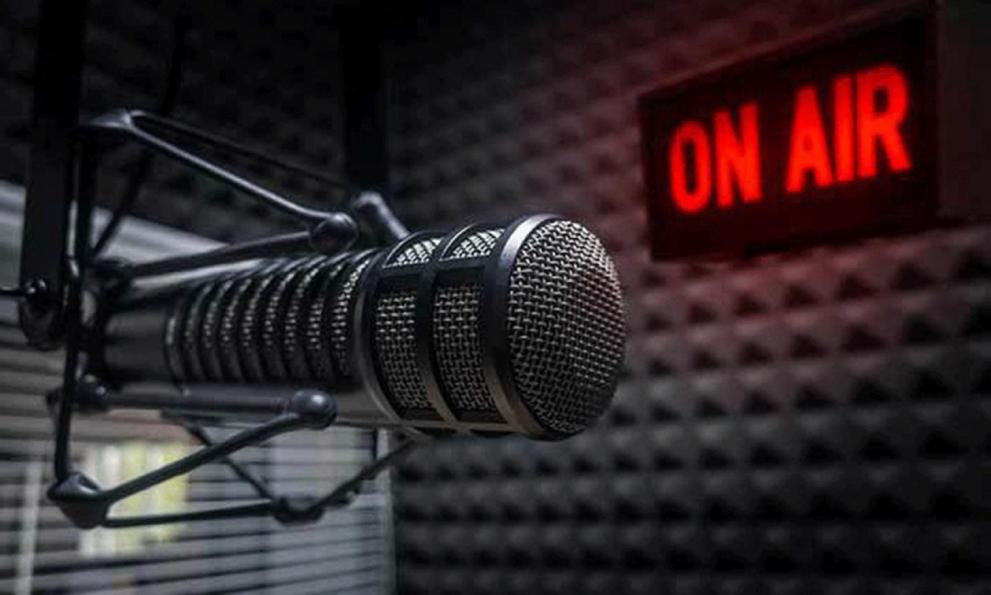
By Maslah Mumin | BORESHA Project
In the age of Internet, cell phone and television, radio remains a powerful way for people to connect, learn and discuss issues. Sometimes it is overlooked as a communication tool, however, radio plays a key role in isolated communities across the world, including in the Horn of Africa region. Here, it provides a vehicle for true empowerment and development.
Gaining access to accurate, timely, factual and consistent information as well as having an opportunity to voice opinions through call-in shows, communities can use radio to address problems and find lasting solutions. BORESHA is using this tool to reach communities in the border areas between Kenya, Ethiopia and Somalia (Mandera, Dollow and Dolo Ado) to sensitize them on COVID-19.
Tackling misinformation on COVID-19
During this dangerous time of uncertainty, misinformation and half-truths about COVID-19 can cost lives. That is why the BORESHA Consortium, together with other partners, took the lead in spreading factual and reliable information, as well as recommendations through the radio. This was prioritized in order to dismiss common local myths that could have disastrous consequences, while also raising the understanding of the community members on the pandemic. To this end, BORESHA created several radio programmes that includ panel discussions with experts and talk shows where listeners can call in and ask questions. “All the messages are prepared in close consultation of the public health officials in order to disseminate the correct information and the preventative measures people can take to stop the spread of COVID-19” said Abdi Mohamed, BORESHA Senior Coordinator.
BORESHA has also looped in the religious leaders and elders in order to have everybody on board. Elders also helped shed some light on the cultural contexts that need to be considered in order to enhance to support the efforts to stop the spread of COVID 19. The messages will be running for three months (June – August) and will be disseminated during the primetimes, especially in the evening when everybody is at home.
Outside of this airtime, radio companies have also pledged to contribute in disseminating reliable COVID-19 messages every day, including reliable advice and relevant stories, keeping people connected at a time of social distancing. They are on the frontlines when it comes to rebutting fake COVID-19 advice and news.
COVID-19 in Mandera
The first two cases of COVID-19 in Mandera were reported on the 11th of April 2020, making it one of the hotspot county in Kenya where movement restriction has been imposed.
The Mandera County COVID-19 Taskforce put in place several measures to contain the spread of the virus. For example, it put two patients in isolation at Mandera Referral Hospital and kicked off the fumigation of markets, bus stations and streets, as well as awareness raising campaigns.
The COVID-19 task force chaired by Deputy Governor His Excellency Mohamed Arai held a number of coordination meetings to consolidate efforts by different organization in response to COVID 19 pandemic. BORESHA together with other partners took up the awareness raising campaigns and sensitization role mainly through the radio in addition to other activities, which are implemented coordination with the County government.
Details
- Publication date
- 20 July 2020
- Region and Country
- Horn of Africa
- Thematic
- Strengthening resilience of communities
- Partner
- CARE
- Danish Refugee Council
- World Vision
- WYG International Limited

